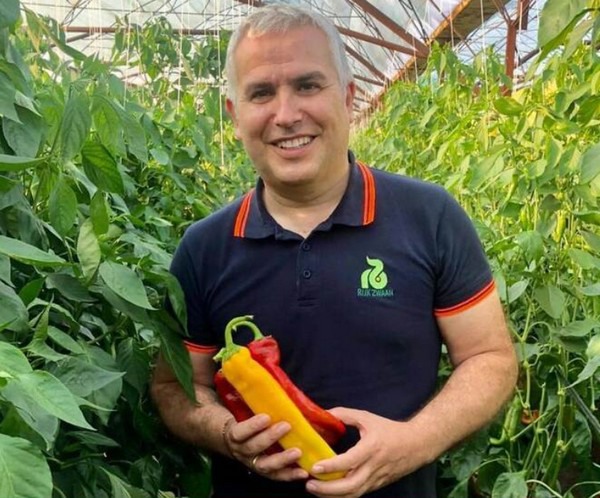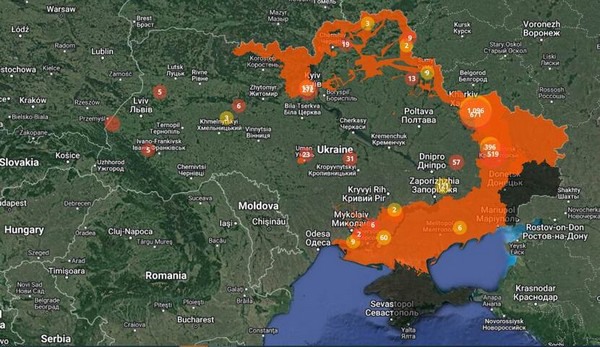"Vegetable production in Ukraine in 2023 will not return to pre-war 2021 production volumes, and the overall market decline is estimated at 25-30%, although this percentage differs for different crops"- Ivo Kyumyurdjiev, director of Rijk Zwaan Ukraine.
"Good prices for vegetables in 2022 encouraged many producers to grow vegetables this year. We observe the increase of sowing areas for almost all crops compared to 2022, with the exception of greenhouse tomatoes. The largest growth in production areas is in such fast-growing crops as greenhouse radishes and gherkins, open field gherkins for processing, as well as in watermelons, white cabbage, and onions."

The Director of Rijk Zwaan Ukraine outlined the following tendencies in the vegetable sector of Ukraine:
- Kherson - the vegetable capital of Ukraine as well as the Dnipropetrovsk and Zaporozhye regions, which produced more than 35% of vegetables on a large scale, are still partially occupied or are in close proximity to the war zone, which will not allow them the full-scale production of vegetables in the 2023 season.
- The 'new centers of vegetable growing,' which currently are formed in Ukraine, can be divided into several categories:
- Producers relocated from the front-line and occupied territories to the Central and Western parts of the country;
- Existing farms in the Central and Western regions that are trying to increase the production of the vegetables typical for their areas;
- New companies have appeared in the Central and Western regions, which are trying to grow vegetables that are new for them or for the regions they operate, like watermelon, melon, pepper, and other vegetables.
- Increase of the demand for seeds from small households, including internally displaced people who grow vegetables for their own needs.
- The overall reduction in production in the Southern and Eastern regions is significantly greater than the overall reduction in vegetable consumption caused by the outflow of people from the country due to hostilities and the fall in the purchasing power of Ukrainians. The fact that producers in the affected regions are trying to restore vegetable cultivation in relatively safe regions and increase production due to relocation does not fully compensate for the market demand for vegetables.
Ivo Kyumyurdjiev believes that even after the end of the war, there will be problems with the restoration of vegetable growing in the Southern regions for at least the next two to three years. "There is a need in demining of agricultural land, restoration of irrigation systems, compensation of damaged field machinery and storages and other problems," he stressed.

Speaking about the challenges for professional vegetable growing in the new regions, Ivo Kyumyurdjiev mentioned the following:
- lack of free areas of agricultural land,
- Irrigation, which is especially problematic in the Western regions of Ukraine,
- Working capital and material and technical base.
- In addition, vegetable growers in the Western regions experience the issue with a lack of workers, most of them are either mobilized or went abroad as refugees.
- The small size of farms, the area of which does not exceed 50 hectares, which complicates the prospect of increasing production.
- Lack of knowledge for growing crops in new regions for large-scale vegetable production, especially taking into account regional climatic conditions, which turned out to be new for migrant specialists.
To increase optimism, Ivo Kyumyurdjiev advised to remember that large-scale vegetable growing has become a big niche with huge opportunities, and Ukraine has never experienced such high prices for vegetables as now.
Source: agroberichtenbuitenland.nl
